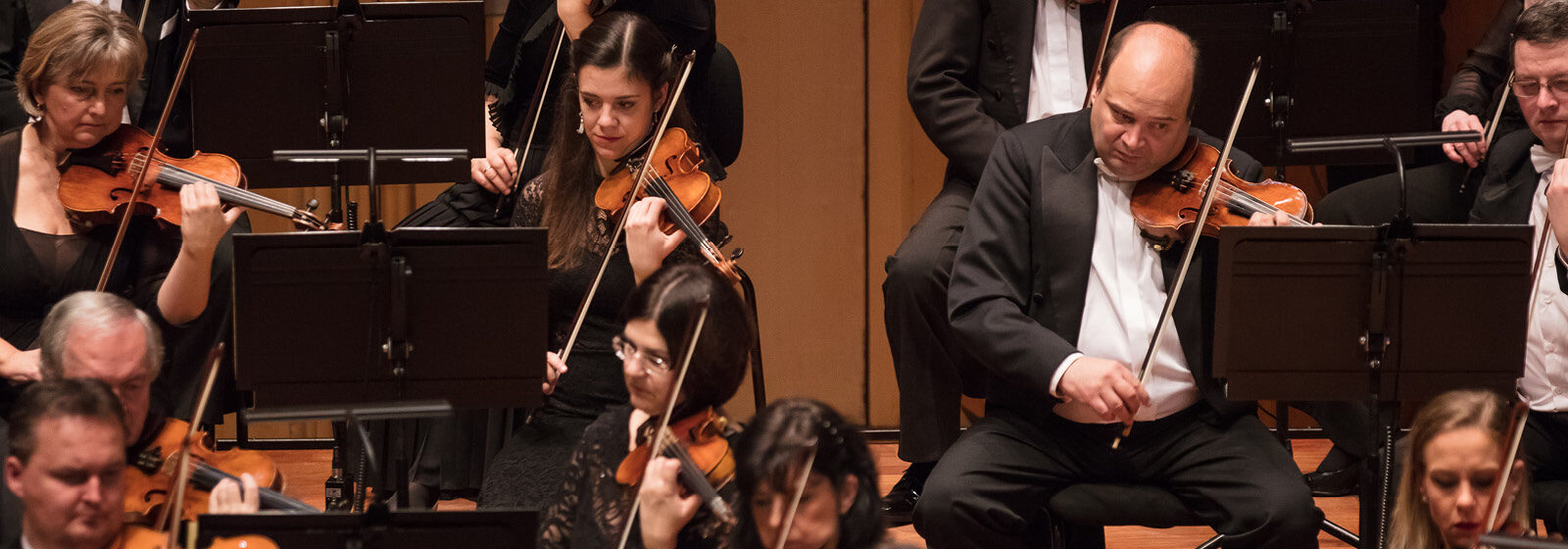
Budapest
On Bartók’s Birthday – CANCELLED!
Pászti season ticket 3
Hungarian National Philharmonic Orchestra
On the 140th anniversary of the birth of Béla Bartók, this concert will be bookended by two of the Hungarian composer’s works. First come the three songs that he revised from five Slovak folk songs he had previously written for solo voice into pieces for chamber orchestra and female choir: Wedding (Svatba), Lullaby (Ukolievarka) and the Lad’s Dance (Tanec mladencov).
The concert will end with Cantata profana, which also features the folklore of the Carpathian Basin and is full of the atmosphere of ballads about youths finding their way on the path to adulthood. It is no coincidence that it was during the period when he was writing this work that Bartók formulated his artistic credo in a letter: “My true guiding principle[…] is that of the ideal brotherhood of all peoples. Brotherhood in spite of all the wars and all the strife.”
Bartók’s two works are wonderfully suited to being played alongside the two contemporary works being performed at this concert, both of them movements from masses.
Zoltán Kovács’s Credo, created in 2019 as an expansion to Missa Pannonica, which was premièred by the Hungarian National Philharmonic last year. The composer described this piece, which can also be performed independently, as “having a structure that faithfully follows the segmentation of the traditional text of the Nicene-Constantinopolitan Creed. Standing out from the three grand tableaus is the soloists’ middle section, in which events such as the dramatic moments of Christ’s death on the cross come to life. The music’s eclectic mood is build predominantly on European traditions. There are also more distant influences: for example, the dynamic and improvisation rhetoric of African-American spirituals add additional colour to the style of expression.”
Zsolt Hamar describes his composition to be performed after the intermission as follows: “My work for choir and orchestra called Offertórium is, in terms of genre, a cantata. In 2007, after it had been originally premiered in its initial version as an a cappella choral work, I wrote an orchestral accompaniment for it which was also performed by the Hungarian National Philharmonic. The current version has been thoroughly reconceived and, in many spots, revised, and I have dedicated it to the Hungarian National Philharmonic Orchestra and the Hungarian National Choir. This work written to the text of the 24th Psalm is the quiet prayer of a person yearning for the heights from the depths, and for the light from the darkness.“

